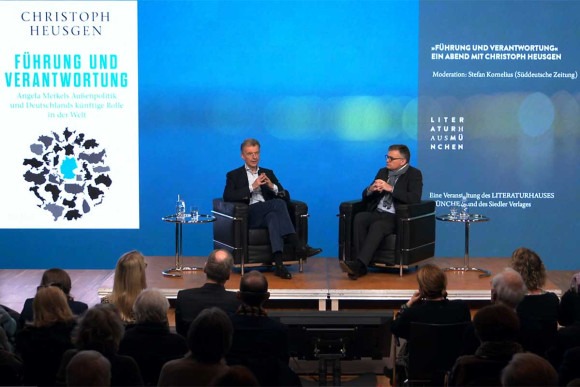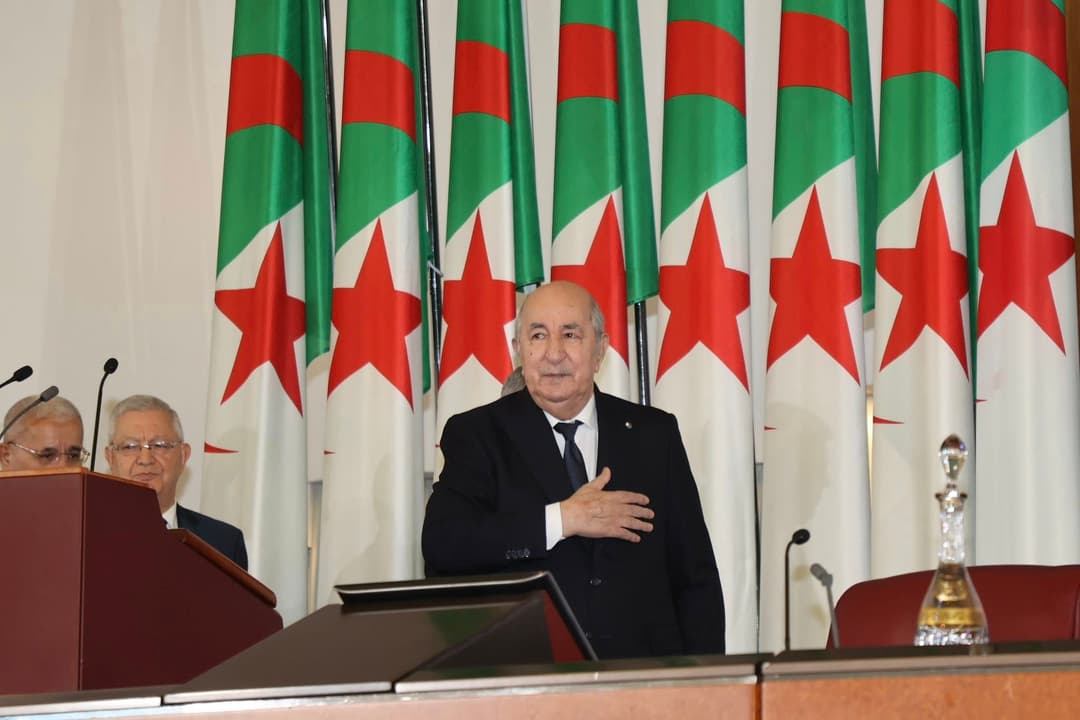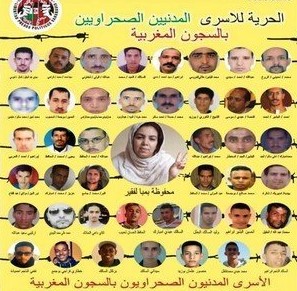
The former senior adviser to Angela Merkel for diplomatic and security affairs, former chairman of the Munich Security Conference (MSC), Ambassador Christoph Heusgen, considered that it’s extremely unfortunate that the law of the jungle and the rule of the strongest seem to prevail in the question of Western Sahara, and that relations with Morocco mean more to its transatlantic partners than international law and the right to self-determination of the Sahrawi people, part of whom live in exile in harsh conditions.
In his memoirs, published months ago by the Bavarian publishing House Siedler under the title “Leadership and Responsibility: Angela Merkel's foreign policy and the future role of Germany in the World”, Ambassador Heusgen stated that the Western Sahara conflict, which emerged in the context of decolonization, is now almost forgotten, but that the Saharawi people and the Frente POLISARIO, its political representative, have always scrupulously complied with UN resolutions, and that the latter has not yet fulfilled its obligation to resolve the dispute over the status of the territory and has kept it open pending the holding of a referendum of self-determination.
The German ambassador added that, despite this, Morocco ignored UN resolutions and continued to establish its control over Western Sahara in what appeared to be a “Salami-tactics” over the years since its occupation of the territory in 1975. This behavior also affected the fate of hundreds of thousands of Sahrawi refugees in exile, especially in the refugee camps in Algeria.
Christoph Heusgen, who served also his country as permanent representative to the United Nations from 2017 to 2021, referred in his memoirs to the international mediation in the Saharawi-Moroccan conflict and stated that the late mediator Horst Köhler, perhaps the best expert on African affairs among German politicians, thanks to his work as head of the International Monetary Fund at the beginning of the millennium, and who enjoyed a high reputation on the African continent, was able to bring the conflicting parties around a table for the first time in a long time in 2019 through his persistent style. This meeting created another glimmer of hope for the people in the refugee camps, but then Köhler was forced to resign from his post due to health reasons. And yet, the Moroccan regime was not impressed by Köhler's mediation.
The Moroccan refusal may have contributed, Ambassador Heusgen added, to the fact that the post of UN Envoy to Western Sahara remained vacant for a long period of time until the appointment of Staffan de Mistura in 2021. Emphasizing that the situation on the ground has been deteriorating lately due to Morocco's persistent occupation of Western Sahara and encouraged by the Trump administration's recognition of Moroccan sovereignty over the territory, at the end of its first term, in contradiction of international law, which exacerbated the plight of the Sahrawi people.
The German diplomat added that Trump's tweet made the Moroccan government feels emboldened to put pressure on Germany, which respects international law, as well as on Spain, which has an obligation and a responsibility towards the Saharawi people because of its colonial responsibility, as Morocco froze relations with Germany, withdrew its ambassador in Berlin and widely opened the borders towards the Spanish enclaves of Ceuta and Melilla on the North African coast, allowing many migrants to enter Spain. These were the actions, the author adds, that paid off for Morocco: Spain sided with the U.S. line and the Scholz government praised the Moroccan plan allowing Western Sahara to remain part of Moroccan territory in exchange for granting its inhabitants a limited degree of autonomy in administrative, financial and cultural matters.
Ambassador Heusgen lamented the opportunism of these countries, noting that their positions on the occupation of Western Sahara constitute a new political backlash to add to the West's collective failures to uphold international law, such as Abu Ghraib prison and Guantanamo Bay, the drone attacks against civilians in Afghanistan, the second Iraq war and the violation of legally binding UN Security Council resolutions, from the agreement on the Iranian nuclear program to the relocation of the US Embassy to Jerusalem and the recognition of Israel's territorial sovereignty over the Syrian Golan Heights.


